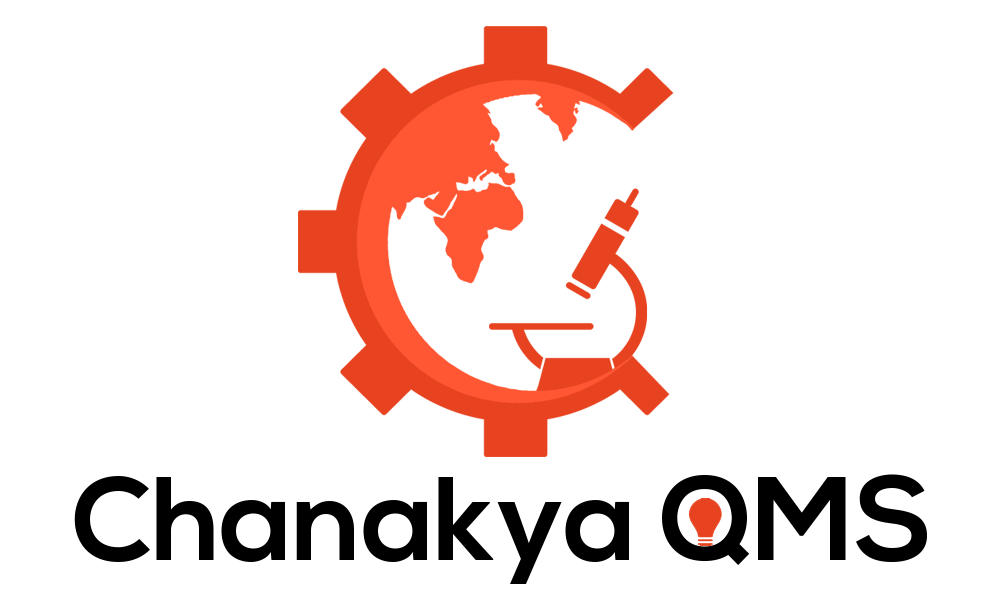Navigating the Green Path: A Comprehensive Guide to EPR Registration
Ever wondered where all that plastic packaging from your online shopping sprees ends up? Or what happens to your old phone or TV when it’s time for an upgrade? The answer, ideally, lies in a system called Extended Producer Responsibility (EPR). In this blog, we’ll unpack the concept of EPR registration, a crucial step in ensuring responsible waste management, and how it impacts you, the consumer, and the businesses you interact with. We’ll also explore how Chanakya QMS can be your partner in navigating this essential process.
What is EPR Registration?
Imagine a world where producers take responsibility for the entire lifecycle of their products, even after you’ve used them. That’s the core idea behind EPR. EPR registration is a program that holds producers accountable for the collection, recycling, and disposal of their products after they’ve reached the end of their usable life. This translates to a more sustainable future where waste is minimized, resources are recovered, and the environment is protected.
Why Does EPR Registration Matter?
Our planet is facing a growing waste crisis, with plastic pollution being a major concern. Traditional waste management systems often end up with mountains of plastic in landfills or polluting our oceans. EPR registration tackles this issue head-on by incentivizing producers to design eco-friendly products and develop efficient recycling systems. Here’s how it benefits everyone:
- Reduced Environmental Impact: By promoting responsible waste management, EPR registration helps to minimize plastic pollution, conserve resources, and reduce greenhouse gas emissions. This translates to a cleaner and healthier environment for all.
- Circular Economy: EPR registration encourages a shift towards a circular economy, where products are designed for disassembly and reuse. This reduces the need for virgin materials and promotes resource recovery, minimizing waste generation in the long run.
- Consumer Awareness: EPR registration raises awareness about responsible consumption and waste disposal habits. As consumers, we become more conscious of the environmental impact of our choices and can actively seek out products from companies committed to sustainability.
Who Needs to Register for EPR?
The specific entities required to register under EPR can vary depending on the region and the type of waste targeted. Generally, producers who put specific materials like plastic packaging, e-waste (electronic waste), or batteries on the market are likely to fall under EPR regulations. Here’s a breakdown of some common categories:
- Plastic Packaging Producers: Companies that manufacture, import, or sell products with plastic packaging (think online retailers, beverage companies, etc.) may need to register under EPR for plastic waste management.
- E-waste Producers: Manufacturers, importers, and distributors of electronic equipment (phones, laptops, TVs, etc.) are often required to register for e-waste management under EPR.
- Battery Producers: Companies that produce or import batteries may need to register under EPR for battery waste management.
The Road to Responsibility: The EPR Registration Process
The specific EPR registration process can vary depending on the region and the type of waste involved. However, here’s a general outline of the steps involved:
- Understanding Regulations: The first step is to determine if your business falls under EPR regulations. This typically involves researching the regulations in your area and understanding the specific waste streams targeted by EPR programs.
- Registration: Eligible producers need to register with the designated authority responsible for EPR implementation. This usually involves submitting information about your business, product types, and estimated waste generation.
- Developing a Plan: Producers are often required to develop a plan outlining how they will manage the end-of-life stage of their products. This plan may involve partnering with waste collection and recycling companies or establishing your own collection systems.
- Compliance Monitoring: Authorities will typically monitor compliance with EPR regulations. This may involve reporting on waste collection and recycling activities.
Partnering for a Sustainable Future: How Chanakya QMS Can Help
Navigating EPR registration can be complex, especially for businesses unfamiliar with the process. This is where Chanakya QMS comes in. We’re a leading provider of Quality Management Services (QMS) with a proven track record of guiding companies through EPR registration seamlessly. Our team of experts can assist you with:
- EPR Regulations Analysis: We’ll help you understand if your business falls under EPR regulations and guide you through the specific requirements applicable to your industry.
- Registration Assistance: We’ll assist you with the registration process, ensuring all necessary documentation is prepared and submitted efficiently.
- EPR Plan Development: Our team can help you develop a comprehensive EPR plan that outlines your waste management strategy and demonstrates compliance with regulations.
- Ongoing Support: We understand that navigating EPR regulations can raise questions. Our team
